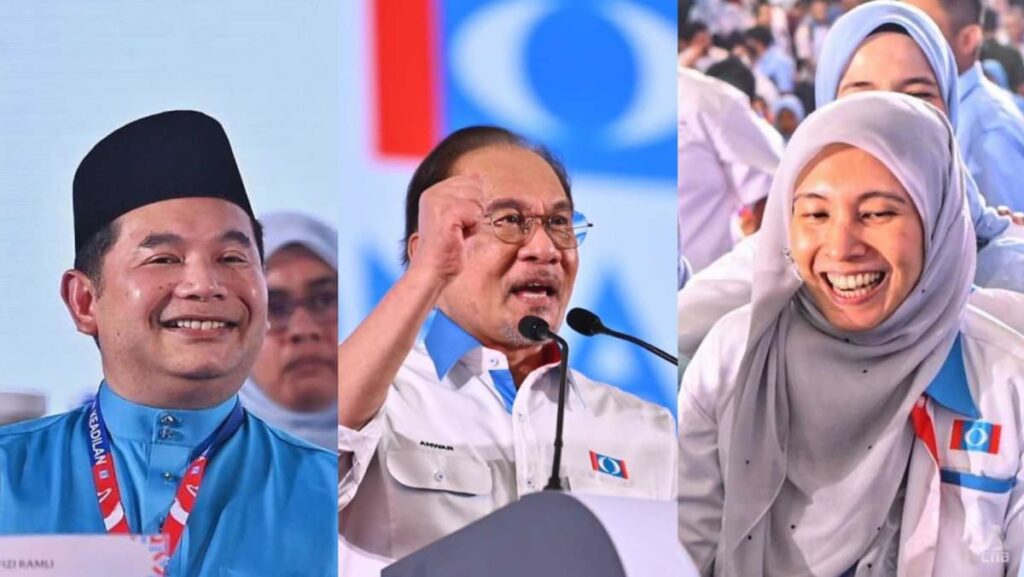Furthermore, this is something he can pursue as a backbencher unencumbered by a ministerial position and the need to toe the Cabinet line.
“He is more powerful in the party without a Cabinet position,” James Chin, Professor of Asian Studies at the University of Tasmania, told CNA.
“Previously he was caught by the collective responsibility of his job but now he is free to be critical of things he previously could not, such as corruption. He is known best as a reformer.”
Meanwhile, the pressure and spotlight will be on newly appointed PKR deputy president Nurul Izzah Anwar, Anwar’s daughter who defeated Rafizi in a face-off for the PKR deputy president post in last weekend’s party leadership polls.
Observers said she will need to show the party and the Malaysian people she can deliver on her promise to synergise PKR and clinch victory for the unity government coalition in the upcoming Sabah state elections.
If the 44-year-old fails, allegations of nepotism will likely resurface, analysts said, and the question mark of who then can replace Anwar both as party chief and premier of Malaysia will again be put to the fore.
In the short term, analysts added that Anwar will have to replace two positions in his Cabinet – the Minister of Economy post vacated by Rafizi – as well as the position of Minister of Natural Resources and Environmental Sustainability after Nik Nazmi Nik Ahmad, a close ally to Rafizi, also resigned having lost his vice-presidency post in the party.
Observers said that Anwar is likely to appoint PKR members to these Cabinet posts, and he may promote from within the party’s ranks, and possibly reward members who won in the recent polls.

